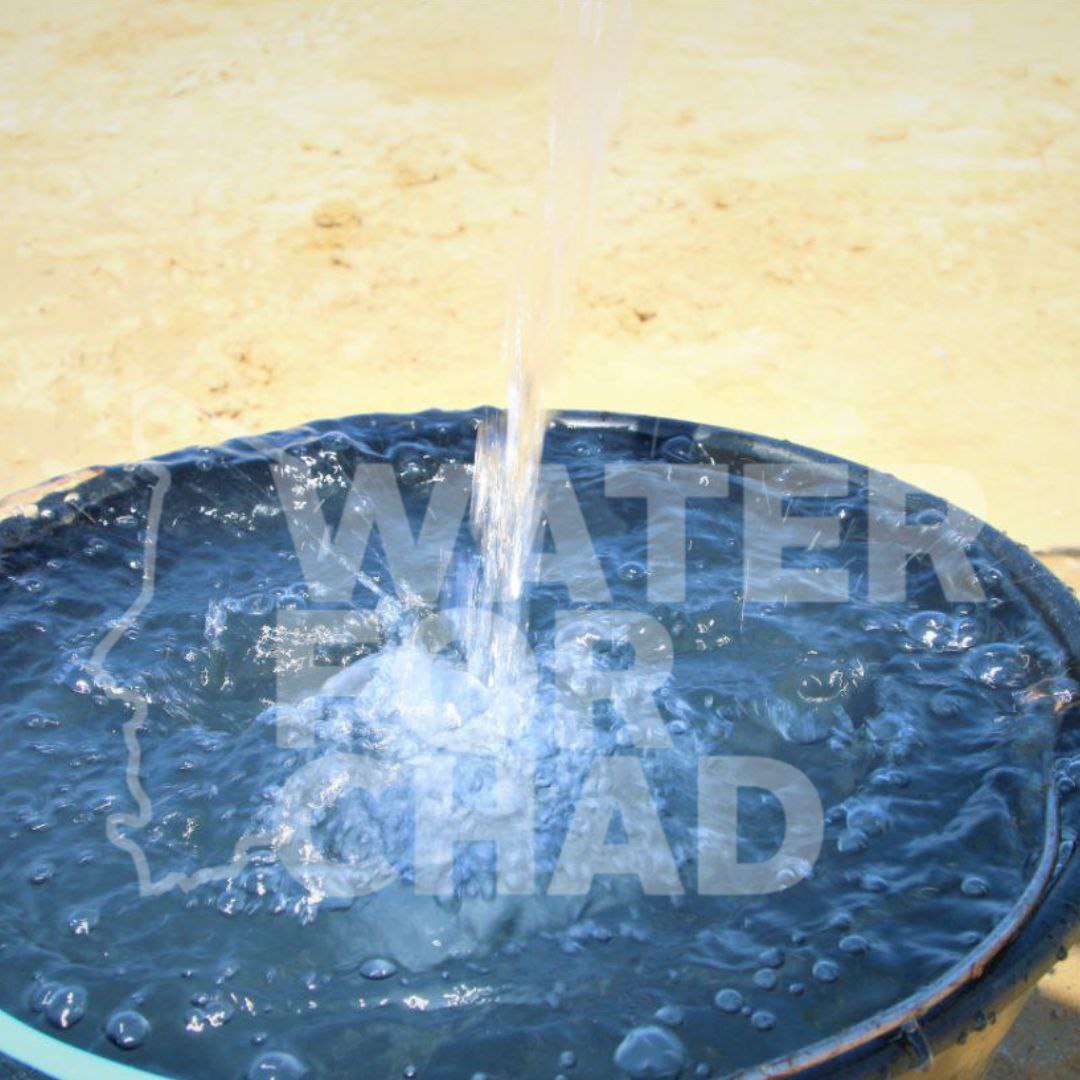Access to safe drinking water is a major challenge in Chad. According to UNICEF data, in 2019, only 42% of the population had access to safe drinking water.
Challenges to access to drinking water in Chad:
- Lack of infrastructure: The drinking water distribution network is poorly developed, especially in rural areas.
- Poverty: Households cannot always afford to pay for drinking water or sanitation facilities.
- Contamination of water sources: Surface water is often polluted by human activities and groundwater can be contaminated by nitrates and arsenic.
- Climate change: Drought and desertification are reducing water availability.
Consequences of poor water quality:
- Diseases: Consuming contaminated water can cause diarrhoeal diseases, cholera, typhoid and other serious illnesses.
- Malnutrition: Diarrhoeal diseases can lead to malnutrition, especially in children.
- Lack of schooling: Sick children cannot go to school.
- Loss of productivity: Sick adults cannot work.
Efforts to improve water quality in Chad:
- Infrastructure construction: The Chadian government and its partners are building boreholes, water pumps and drinking water distribution networks.
- Awareness raising: Awareness campaigns are being conducted to inform populations about the importance of hygiene and sanitation.
- Water treatment: Water treatment programs are being implemented to make safe drinking water accessible to all.
Access to quality drinking water is a fundamental human right. It is essential to improve health, education and economic development in Chad.


